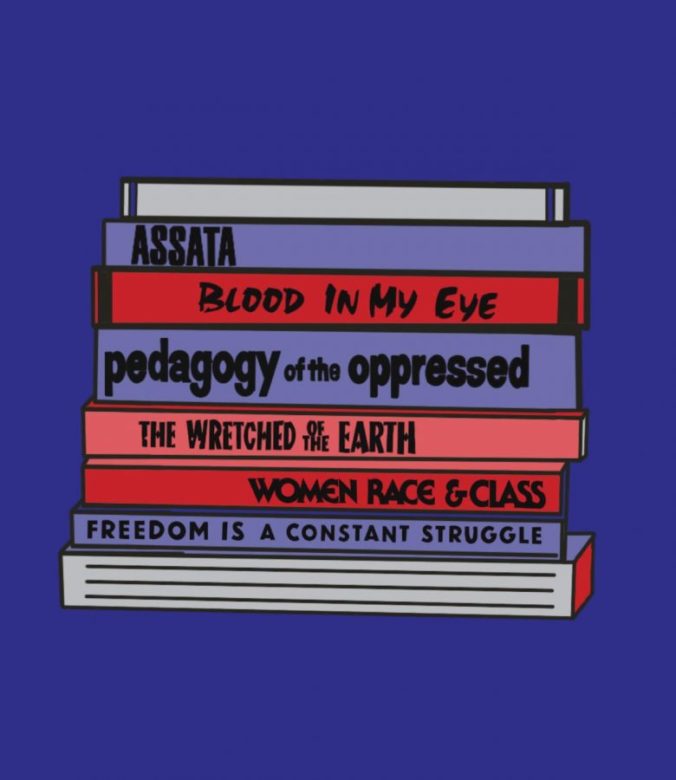At times, I think back to 2018 and try to recall why I started a blog. Much of the reason amounts to having a productive creative outlet for the thoughts constantly moving through my head. But the answer of ‘political education’ also lurks.
With my background in academic philosophy and leftist political organizing, I could offer readers a few insights by way of political education. Or so I hoped.
But when I started writing a post about political education, I thought about calling it ‘the uses and misuses of political education.’ That title gets at how the topic strikes me. Every leftist tendency – from the wildest sect to the mildest flavor of ‘democratic socialism’ – loves to talk about political education. Lots of DSA chapters make moves in that direction.
But something bothers me about all this so-called ‘political education.’
Finding Your Way to My View
When leftists talk about it, what they describe sounds like an attempt to lead people to find their way to a set of predetermined beliefs. Leftists want to lead people to specific views. In the very worst forms, they even weaponize political education against rivals or opponents within leftist movements.
We see this, for instance, in calls for the ‘political education’ of opponents as a way to signal that thoughtful, well-read opponents are people to be denigrated and/or mocked. A couple of earlier posts, I think, get at this problem.
So, here’s the thing. That vision – one of leading people to specific views – isn’t entirely wrong. We should use political education to engage with working-class people and bring them up to speed on political theory. And the educator should give people the tools they need to understand the world in a leftist way.
But even this isn’t the most important explicit goal. With any kind of education, we should start by assuming an intelligent, autonomous student who can think for themself. A good educator meets the student where they are, both in terms of jargon and approach to life.
Maybe the student finds their way to the educator’s view. But that’s not what political education should feel like. Rather, it should feel like an exercise in critical thinking.
The Uses of Political Education
This gets at the purpose of political education. Why do we want it? Many leftists see it as a way to promote a specific political line within an org.
Democratic centralists naturally turn to this line of thought. They believe an org should first democratically decide which doctrines everyone should believe. And then they expect all members to show some level of allegiance to the doctrines. They follow up the vote by establishing a political education program to ‘educate’ people into the ‘correct’ beliefs.
Readers won’t be surprised to learn that I think this is just another path to sectarian irrelevance.
Any education worth the name will involve carefully walking students through the reasoning process involved in various doctrines. This means critically engaging with arguments for and against each one. Doing this requires, in many cases, withholding judgment on certain matters.
No, that doesn’t mean we should start by not being socialists. After all, we’re still talking about socialist political education! But it does mean that good education doesn’t begin by specifying all the answers on every question in advance.
A Final Word
Ultimately, it’s tough to be a good educator. A good educator doesn’t lord it over everyone. They usually aren’t the most ‘orthodox’ or ‘doctrinaire’ members of an org.
Rather, good educators are good critical thinkers. They continuously revise and question their beliefs. And they inculcate a similar spirit in their students.
However, far from ‘heretics,’ I’ve found that good educators are relatively less likely to depart from socialism. They’re not the kinds of people who, like some more ideological Marxist-Leninists or Trotskyists, end up becoming neo-conservatives in their older age.
If you begin from a foundation of well thought out beliefs, you rarely reject all of them.
